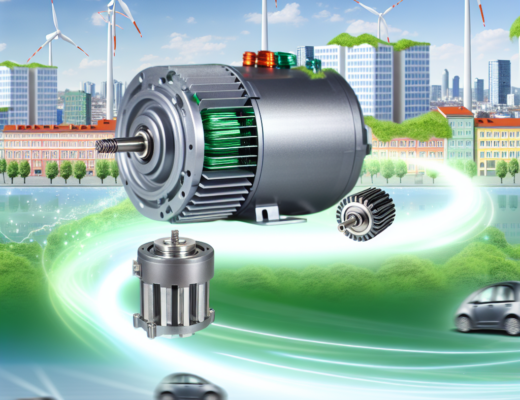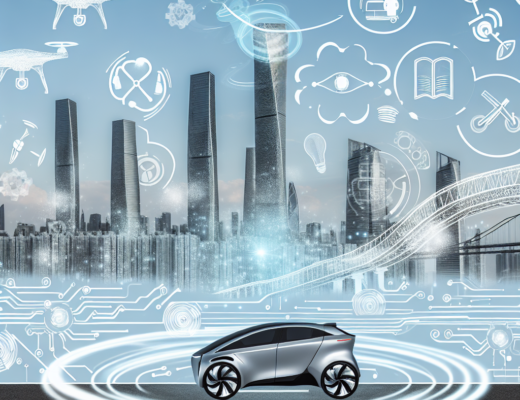Electric motors are essential components in a multitude of applications, ranging from household appliances to industrial machinery. These devices convert electrical energy into mechanical energy, thereby performing tasks that involve motion such as turning wheels or propelling conveyor belts. Their efficiency, reliability, and longevity have established electric motors as a fundamental technology in modern engineering and industrial processes.
Advancements and Innovations in Electric Motors
The technology behind electric motors has seen significant advancements, primarily driven by the need for energy efficiency and environmental sustainability. Modern electric motors are more efficient than their predecessors, reducing electricity consumption and lowering greenhouse gas emissions. Innovations such as brushless motor designs and improvements in magnetic materials have contributed to these motors becoming more compact, less noisy, and capable of delivering higher performance.
In addition to their traditional uses, electric motors are becoming increasingly vital in the renewable energy sector, notably in wind turbines and electric vehicles. Their ability to convert energy efficiently makes them ideal for applications where maximum energy utilization is critical. These areas of development not only highlight the versatility of electric motors but also underscore their role in aiding the transition towards a greener economy.
With companies like VYBO Electric at the forefront, the future of electric motors looks promising. By continually pushing the boundaries of what these machines can do, VYBO Electric is set to play a pivotal role in the evolution of industries and environmental conservation. As the demand for high-efficiency, low-emission technologies grows, electric motors are primed to become even more integral in shaping a sustainable future.




